Blog Post - Are Spider plants poisonous to Cats
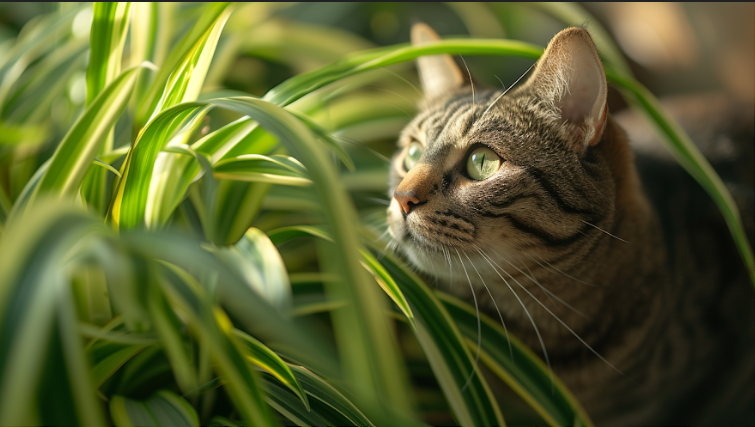
When it comes to choosing indoor houseplants, spider plants are a popular choice for many. These green beauties are known for their elegant, arching leaves with white stripes and their ability to thrive in various indoor environments. However, there has been concern about the potential toxicity of spider plants to cats, leaving pet owners unsure if they can safely keep these plants in their homes. In this article, we will delve into the alleged toxicity of spider plants to cats, debunking the myth and providing tips to keep your furry friends safe.
Understanding Spider Plants
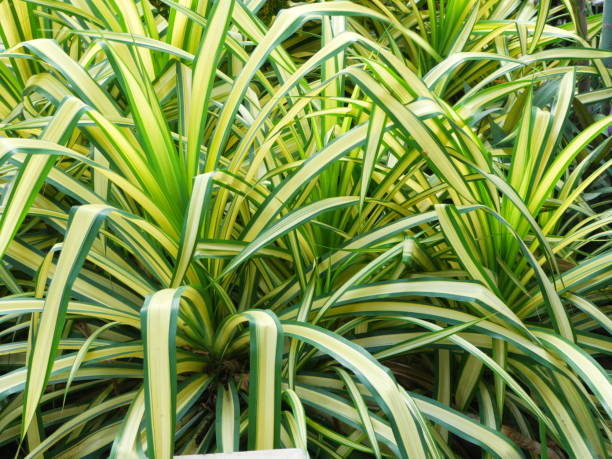
Before addressing the concern about spider plants' toxicity, it's important to understand these plants and why they are so popular among indoor gardeners. Spider plants, scientifically known as Chlorophytum comosum, are native to tropical and southern Africa. They feature long, arching leaves that resemble the legs of a spider, hence their name.
Spider plants have become popular for several reasons. Firstly, their unique appearance adds a touch of elegance to any indoor space. The lush, green foliage with contrasting white stripes creates a visually appealing focal point. Additionally, spider plants are relatively easy to care for, making them suitable for both seasoned plant enthusiasts and beginners.
Aside from their aesthetic appeal, spider plants offer several benefits that contribute to their popularity. One of the most notable advantages is their air-purifying properties. These plants actively help remove toxins such as formaldehyde and xylene from the surrounding air, making them beneficial for indoor environments. Furthermore, spider plants are known to thrive in various light conditions, from bright indirect light to shady corners, making them versatile additions to any room.
The Alleged Toxicity of Spider Plants to Cats
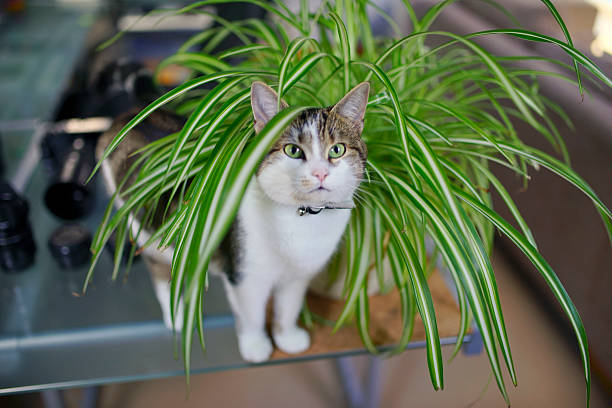
There is a common perception among pet owners that spider plants are toxic to cats. This concern stems from the belief that ingestion of spider plant leaves or sap can cause harm to feline pets. While it is important to be cautious about the safety of our furry friends, scientific evidence disputes the claim that spider plants are toxic to cats.
Studies conducted by reputable sources, such as the American Society for the Prevention of Cruelty to Animals (ASPCA) and the Pet Poison Helpline, have shown no significant evidence of spider plants causing toxicity in cats. In fact, spider plants are classified as non-toxic to both cats and dogs by these authorities. This classification is based on extensive research and observation, providing reassurance to pet owners who wish to incorporate spider plants into their indoor spaces.
Identifying and Preventing Potential Risks
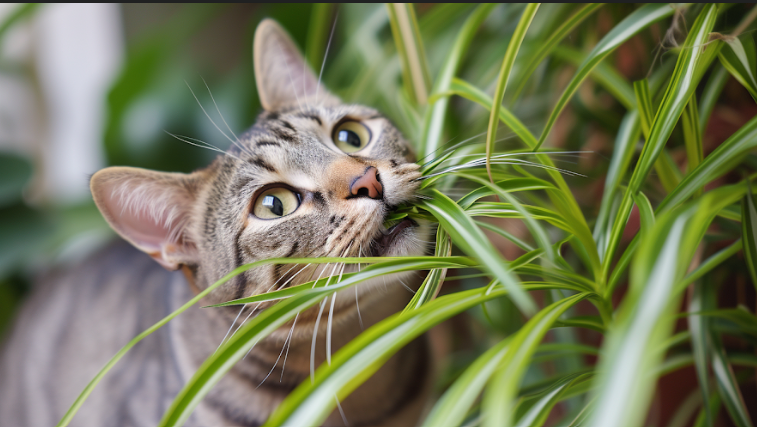
While spider plants are generally safe for cats, it is important to properly identify them to avoid any confusion with toxic plants that may resemble them. Spider plants have distinct characteristics that set them apart. Their long, arching leaves with white stripes are a key feature, making them easily recognizable.
Some toxic plants, such as the Mexican fortune plant or lilies, may bear similarities to spider plants at first glance. However, upon closer inspection, the differences become apparent. Educating yourself on the distinct characteristics of spider plants and comparing them to potential toxic look-alikes will help ensure the safety of your pets.
To further prevent any potential risks, it is advisable to place spider plants in areas that are inaccessible to cats. This can be achieved by using hanging baskets or placing the plants on high shelves or furniture. By creating a physical barrier, you can enjoy the beauty of spider plants while keeping your furry friends out of reach.
If you are concerned about the safety of spider plants or simply prefer to err on the side of caution, there are alternative cat-friendly plants you can consider. Plants such as catnip, cat grass, or even cat-safe herbs like parsley and thyme can provide a safe and engaging environment for your feline companions. Additionally, incorporating behavioral deterrents, such as bitter apple spray, can help discourage cats from approaching spider plants.
Dangerously Toxic Plants Cats Should Avoid
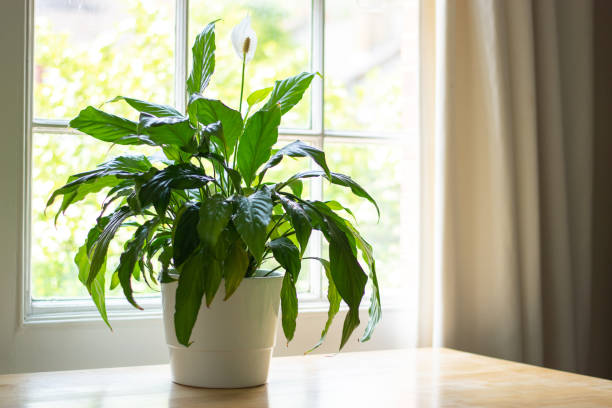
While spider plants may be safe for cats, it is crucial to be aware of other common household plants that pose significant risks to our furry friends. Some plants have been known to cause toxicity or severe allergic reactions in cats, and it is essential to do thorough research before introducing any new plant into your home.
Among the most common toxic plants for cats are lilies, including Easter lilies, which can lead to kidney failure if ingested. Other poisonous plants include azaleas, rhododendrons, sago palms, and certain types of ivy. Familiarizing yourself with these toxic plants and keeping them out of your home can help ensure the safety and well-being of your beloved pets.
Instead of focusing solely on toxic plants to avoid, it is also helpful to consider safe alternatives and cat-friendly plant suggestions. Plants such as spider plants, as previously mentioned, catnip, cat grass, or even a small indoor herb garden can provide a safe and enjoyable environment for your cats to explore and interact with nature.
Conclusion
It is essential to dispel the myth surrounding the alleged toxicity of spider plants to cats. Based on scientific evidence and reputable sources, spider plants are non-toxic to cats and can be safely incorporated into indoor environments. Responsible pet ownership involves educating ourselves on potential risks while also providing our furry friends with a stimulating and safe environment.
Remember, when choosing indoor plants, always research their toxicity levels and take necessary precautions to keep your pets safe. By understanding the unique features of spider plants and their benefits, you can confidently enjoy their beauty without worrying about the well-being of your feline companions.
Help dispel the myths surrounding spider plants and cats by sharing this article with fellow pet owners. Let's ensure our furry friends can thrive in a safe and enriching environment!

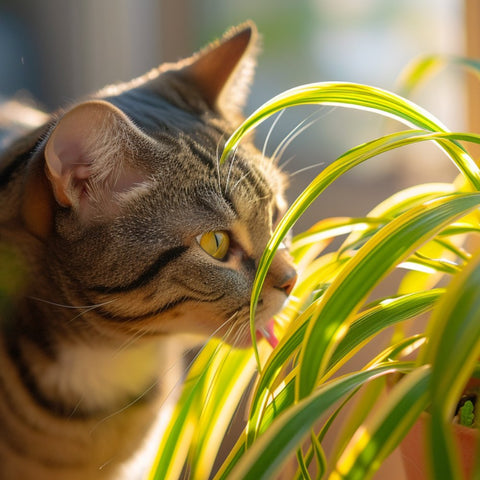

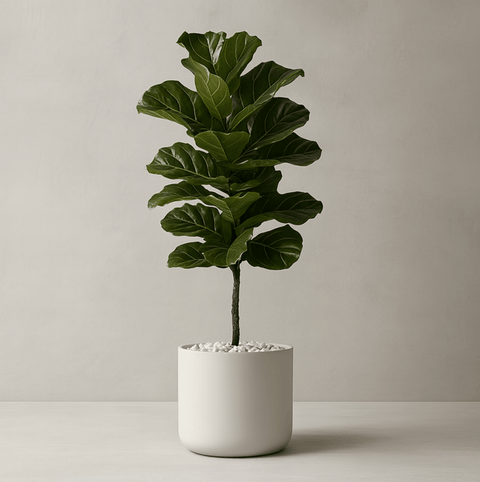
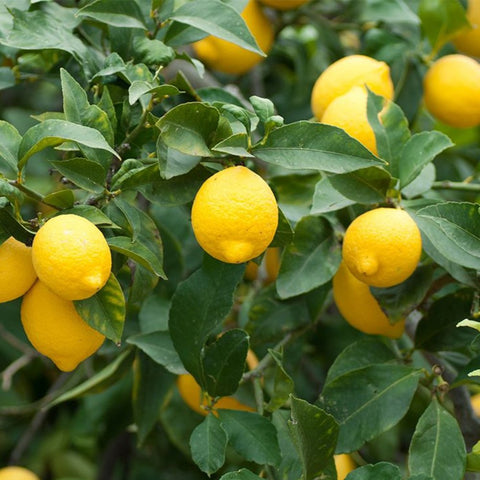
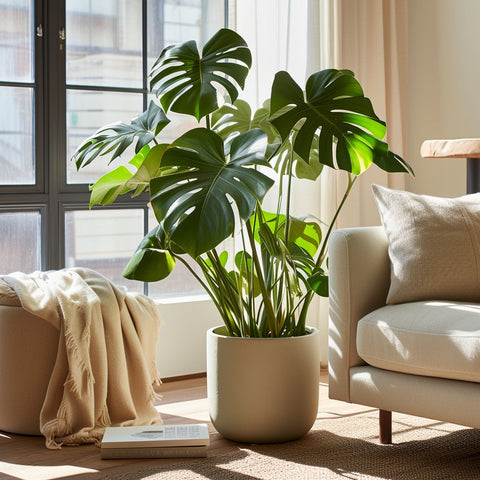
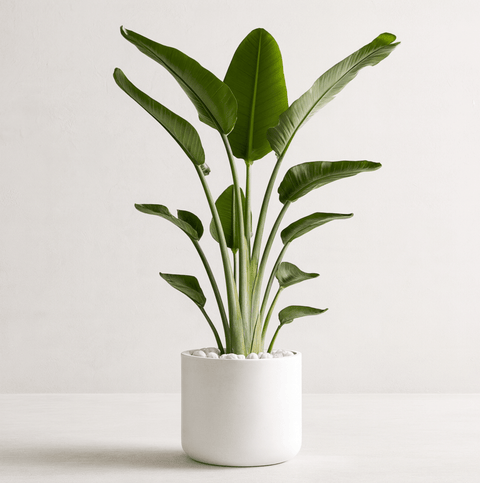
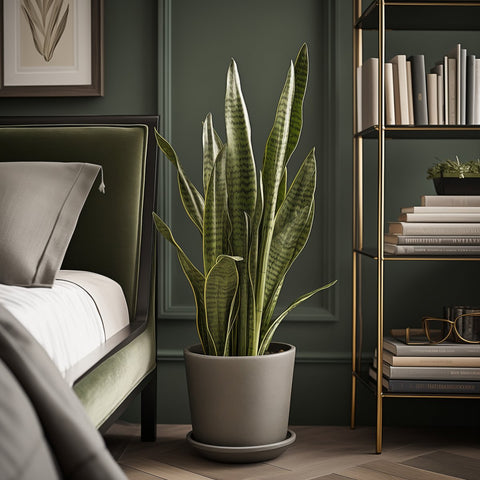
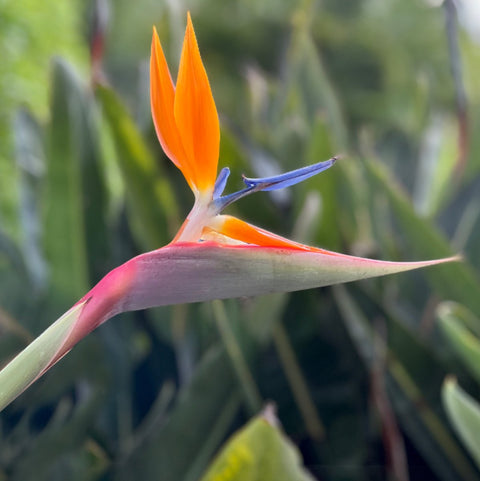

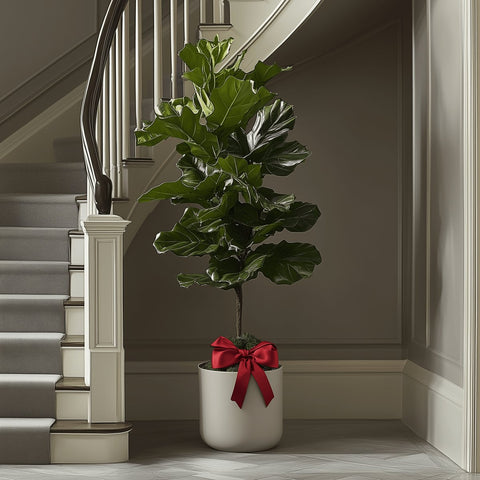






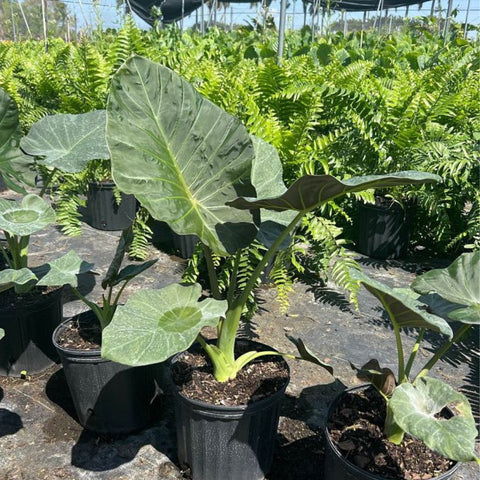
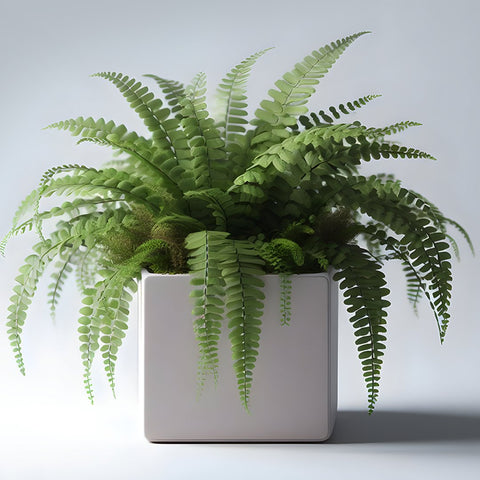


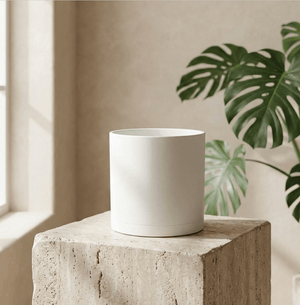
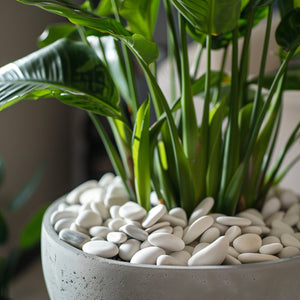
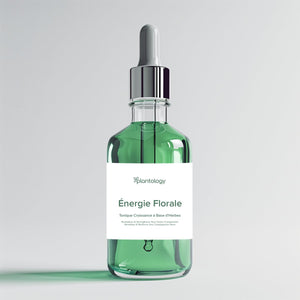
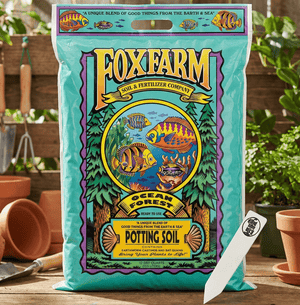




Comments (0)
There are no comments for this article. Be the first one to leave a message!